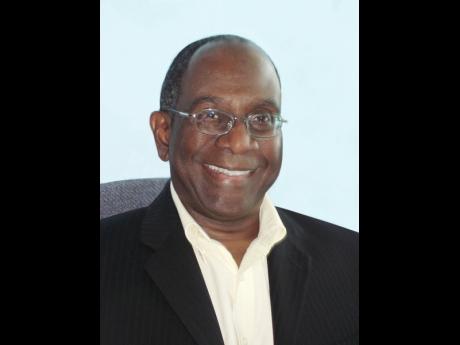Islam: Why should I care?
On Tuesday, August 19, 2014, a video on YouTube showed the beheading of American journalist James Foley by a member of ISIS.
Steven Sotloff, another American journalist, was also beheaded by ISIS, confirmation of which came the morning of September 3, 2014. Each man had been held for upwards of a year.
Numerous persons in different parts of the world, especially in Africa, have been brutally killed by assorted groups claiming allegiance to Islam. The very recent atrocities in France have fuelled the puzzlement of all, or a goodly
number of us, that
religious folk could be so murderous.
But for some this is no puzzle as it reflects a historical pattern for Muslims who take their religion not 'too seriously', but as seriously as the religion itself demands to be taken.
The politically incorrect question must be faced squarely: was the description of the tragedy of 9/11 by former American President George Bush, former British Prime Minister Tony Blair and so many commentators as a 'hijacking of Islam' misinformed or accurate?
To answer this question properly one needs to realise that in Islam there are two critical sources of guidance for Muslims, not one.
The most revered source is obviously the Holy Qur'an but there is also the Hadith, the
documented life-teaching traditions of the Prophet Muhammad (peace be upon him). Whatever the prophet of Allah did remains to this day a model for Muslims to follow, and whatever he
commanded remains mandatory for Muslims.
Ponder now a titbit on Jihad in Islam. Jihad has a double nuance, inner spiritual warfare against what is contrary to deepening spirituality, but the more popular dominant edge is physical warfare with infidels or unbelievers in Islam.
There is an imperative dimension in jihad with reference to non-Muslims, "And slay them wherever ye catch them, and turn them out from where they have turned you out; for tumult and oppression are worse than slaughter." (Sura 2.191)
Oddly, the Suras of the Qur'an are not arranged in any chronological or logical order but according to length, the longest first (excepting the first Sura, which is an introductory prayer). The longer Suras depict later material and are in prose while the shorter reflect the early revelations and are poetic. Sura 2.191 quoted above being later material has not been abrogated.
The holy prophet Muhammad said: "Whoever changes his Islamic religion, kill him." (Hadith 9.57)
The Islamic view of the world is a critical tool of interpretation as well. The world is, in (some) Islamic circles, divided into three spheres and all non-Muslims are infidels and, as such, cannot plead innocence when attacked or killed.
The worst of the three spheres is Dar al Harb (where infidels rule), then there is Dar al Sulh (transitional turf where Muslims are in the minority). The supreme ideal sphere is Dar al Islam (where Islam rules).
Thankfully, not all Muslims take their religion as seriously as the militant groups, but ...


